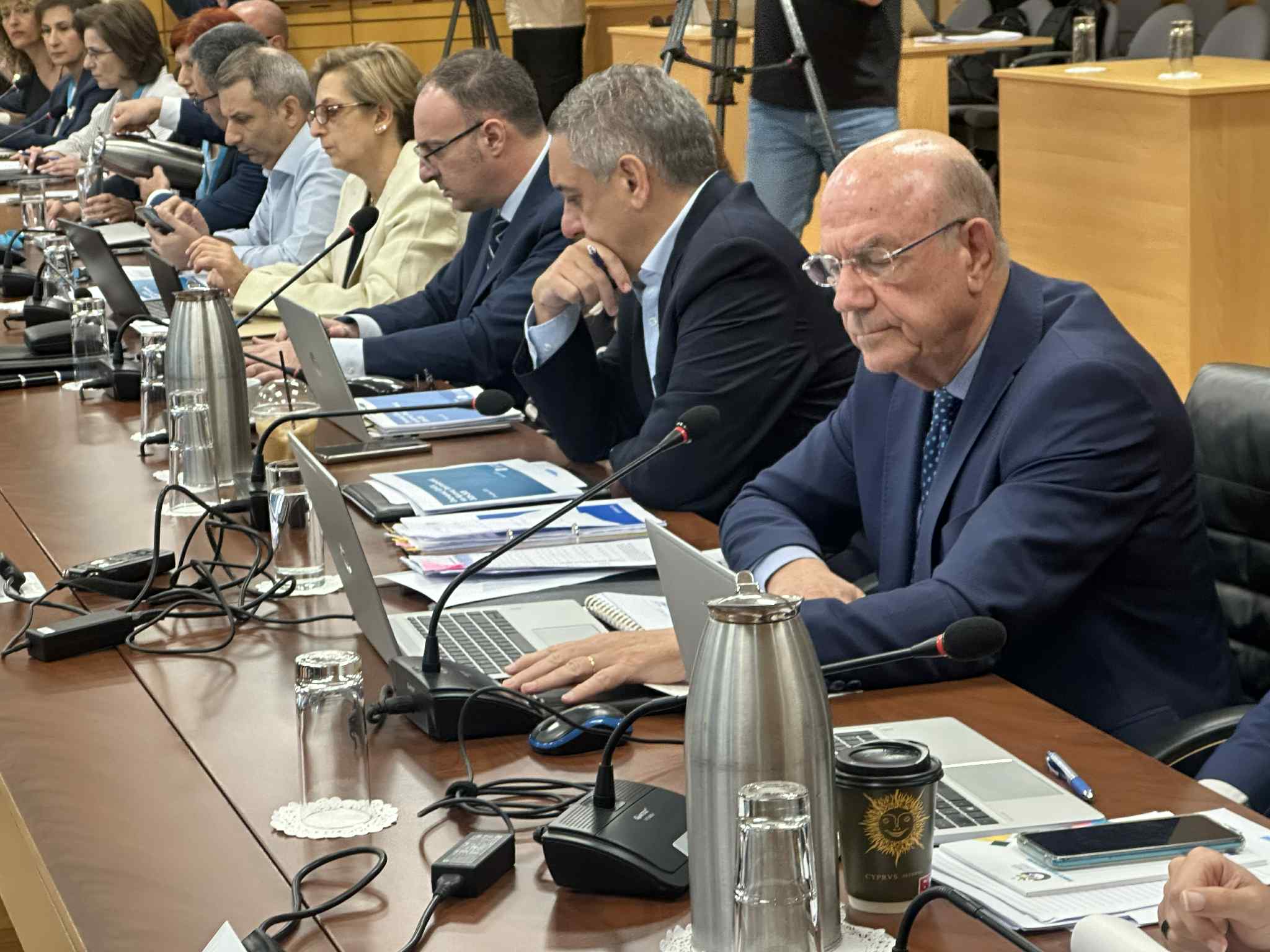Finance Minister Makis Keravnos on Monday outlined the government’s plans for next year’s state budget at a meeting of the House finance committee, telling it the government aims to “maintain a budget surplus”.
He also said the government’s priorities are reducing public debt, promoting the green transition and the digital transformation, and maintaining employment in the public sector.
He also spoke of a need to “maintain a robust financial system”, before saying that the Cyprus economy’s medium-term prospects, up to and including 2028, “remain positive based on the basic macroeconomic scenario”, but with “a certain degree of uncertainty”.
This uncertainty, he said, includes the ongoing war between Russia and Ukraine, and the conflict in the Middle East.
Despite this, however, he stressed that the Cyprus economy’s growth accelerated last year to 3.4 per cent, compared to 2.8 per cent in 2023.
Although the 2026 surplus budget reinforces the economy’s steady growth trajectory, further structural reforms are needed to contain the upward trend in inelastic spending, Central Bank governor Christodoulos Patsalides told MPs.
The Central Bank chief called for “vigilance” and for maintaining “sufficient fiscal space that can absorb potential shocks”.
He also referred to the gradual easing of the European Central Bank’s monetary policy, which contributed to the significant drop in interest rates on loans to businesses and households.
Keravnos said growth is expected to slightly slow down to 3.2 per cent this year, but that it will “continue at high levels” between 2026 and 2028, before specifying that the economy is expected to grow by 3.1 per cent in 2026, three per cent in 2027, and 2.9 per cent in 2028.
He then moved on to the matter of inflation, saying that the rate of inflation in Cyprus is expected to rise from a forecast of 0.7 per cent in 2025 to 2.1 per cent in 2026, before reaching 2.5 per cent in 2027, and then falling back to two per cent in 2028.
Of the island’s unemployment rate, he said it is forecast to remain at its current level of 4.6 per cent through next year, before falling between 2026 and 2028.
On this matter, he said there has been “a continuous improvement in the labour market since 2013”, notwithstanding an “interruption during the pandemic period”.
Then, he spoke about the matter of public debt, saying that in 2026 it’s expected to drop to 52.7 per cent of GDP, down from 57.3 per cent this year and from 81.1 per cent in 2022.
This would “unlock funds for growth and defence spending,” the minister said.
In total, the state budget for next year amounts to €10.7 billion, with a total revenue of €12.68bn.
Expenses are expected to rise to €13.72bn when loan repayments and interest are accounted for.







Click here to change your cookie preferences